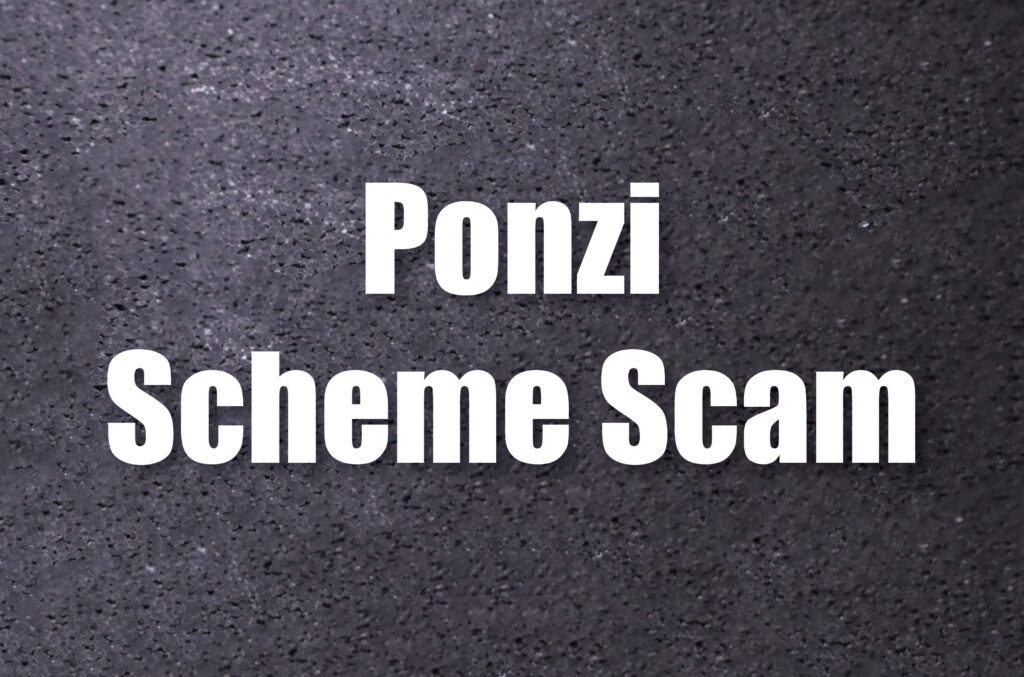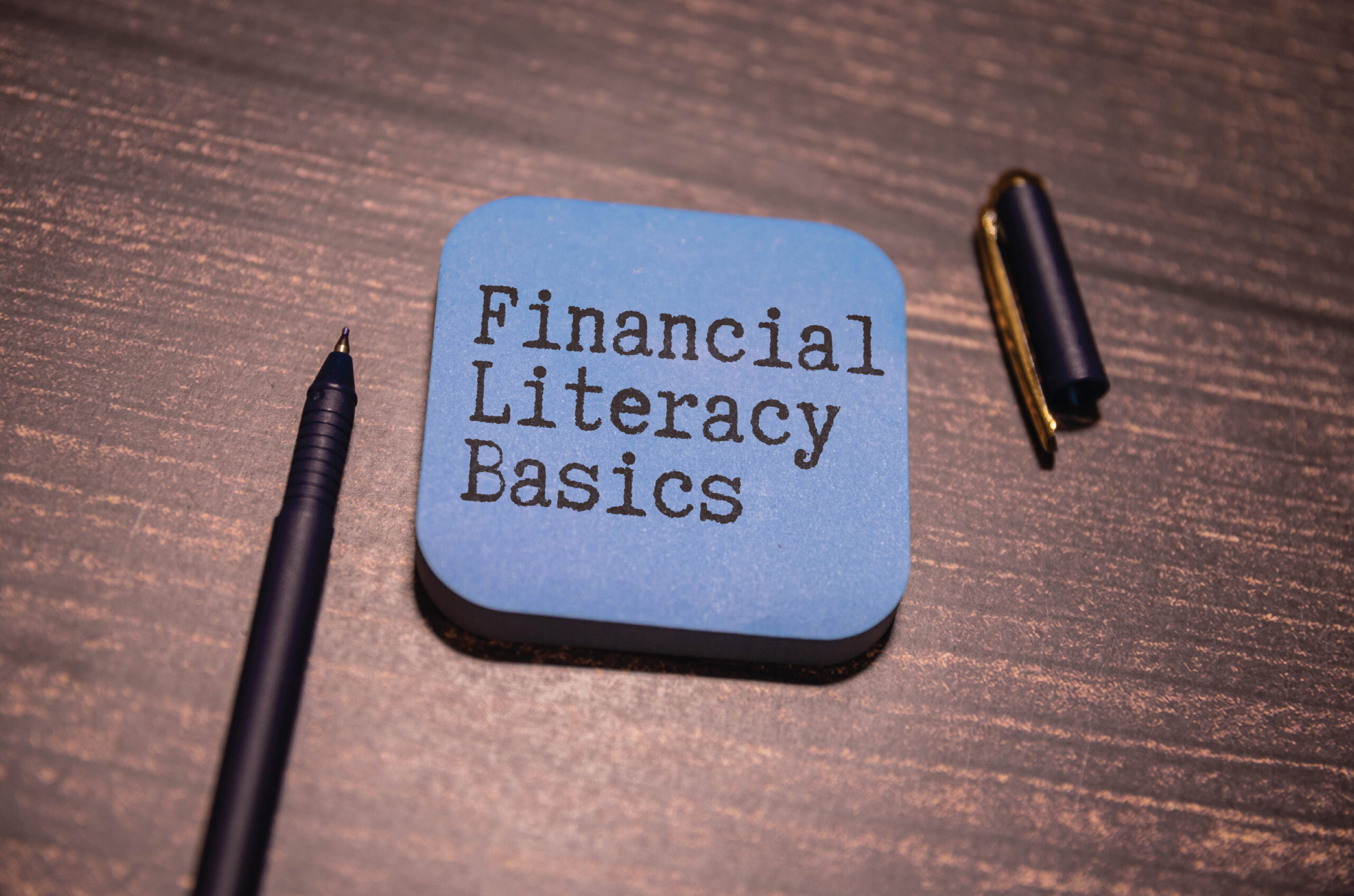
Phir Hera Pheri is one of the best examples of a Ponzi scheme. In this movie, Bipasha Basu aka Anuradha lures Akshay Kumar aka Raju to invest in “Laxmi Chit Fund” by promising to double his wealth in just 21 days. Indubitably, this movie shows the blend of humor and caution in a fascinating manner.
Definition of a Ponzi Scheme-
While investing money, investors expect to go into a legitimate company that delivers a real product or service to generate profits. Nevertheless, some deceitful people deceive investors by investing their money in non-existent companies or schemes with the intention of stealing it. This activity is understood as a Ponzi scheme. Derived after Charles Ponzi, who became notorious for this scheme in the early 20th century, this fraud depends on a constant stream of new investors to sustain itself.
YPay returns with another insightful blog! Get ready to dive in to discover how these schemes operate and discover effective strategies to safeguard yourself from scams. Your financial safety begins here.

Real-life example of Ponzi scheme in India-
A demonstrative case of a Ponzi scheme in India is the Saradha Group Ponzi scheme, which warped in 2013:
How did it work?
The Saradha Group encompassed over 200 private companies and was incorporated in a Ponzi scheme, fooling investors with promises of yielding high returns. The scheme preys on people who belong to lower-income groups and small towns.
How did it collapse?
In early 2013, the scheme ran out of money which led to no payments to agents and investors. The scammers eventually hit a wall, running out of tactics to deceive investors, which caused incoming funds to decline while payouts persisted to increase.
Who was involved?
Established in 2006 by Mr. Sudipto Sen was the chairman of the Sarada Group of Companies. He was arrested, and investigations are still in progress.
Diversified Warning Indications of a Ponzi Scheme
Ponzi scams in India and some other regions usually entail similar traits. Hence, always be cautious of these warning signs:
Unlisted Investments
A Ponzi scheme usually deals with those investments that are not recorded with state regulators. Registration plays an important role because it presents access to critical information regarding the corporation’s administration, products, services, and finances.
Problematic Paperwork
Disparities present in your account statements may imply that the promised investment of funds is not happening.
Claim High Returns with Little or No Risk
There would be barely any investment that doesn’t entail some level of risk, and usually higher returns typically come with higher risks. Therefore, steer away from those investment opportunities that claim to deliver a ‘guaranteed’ return with no risk.
Constantly High Returns
Investments are susceptible to experience ups and downs as time moves ahead. Be careful of any investment that constantly delivers positive returns, irrespective of market conditions.
Unlicensed Sellers
Under the regulations established by the Securities and Exchange Board of India (SEBI), investment professionals and firms must receive a license or register. Hence, be wary of those who endorse investment opportunities even in the absence of necessary licensing.
Confidential or Complicated Strategies
Steer miles away from those investments that you do not completely grasp or are unable to get its comprehensive details. If the process seems reticent or complex, it is a red flag.
Difficulty Receiving Payments
Experiencing trouble in receiving payments or cashing out is not a good sign. Supporters of Ponzi schemes constantly try to postpone withdrawals by tempting you with even higher returns to keep you engaged in these schemes.
7 Steps Need to be Taken If You Have Been Scammed by a Ponzi Scheme
If you’ve fallen victim to a Ponzi scheme, don’t follow the route that leads to despair. Given below are some effective steps you can take to regain control and safeguard yourself:
1. Stay Calm and Gather Information: Inhale and exhale- practice this a few times. Gather all necessary documents and facts about the scheme. Doing this will assist you in getting a better understanding of your situation.
2. Report the Scam: Connect with local authorities or consumer protection agencies. Your report could help deter others from becoming victims of the same scam.
3. Consult a Financial Advisor: Pursue professional advice to assess your options. They can offer guidance particularly customized to suit your situation and assist you reshape your financial plan.
4. Stay Knowledgeable: Educate yourself about common scams and red flags for the future. Knowledge is your best armor.
5. Contact Support Groups: Connect with a community that comprehends your journey—whether online or in person. Sharing your experience doesn’t just deliver a sense of relief but can also be extremely empowering. You’ll find that you’re not alone, and together, you can uplift and support others too.
6. Watch for Identity Theft: Beware, as scammers might sell your data to others.
7. Halt every payment: Make sure to immediately stop any payment to the scheme.
The Crux:

Comprehending the perils of a Ponzi scheme is paramount for safeguarding your finances. Identification signs and implementation of precautionary measures can help you stay far from these deceitful schemes. Also, always verify the legitimacy of any investment opportunity and be careful of offers that seem too good to be true.







